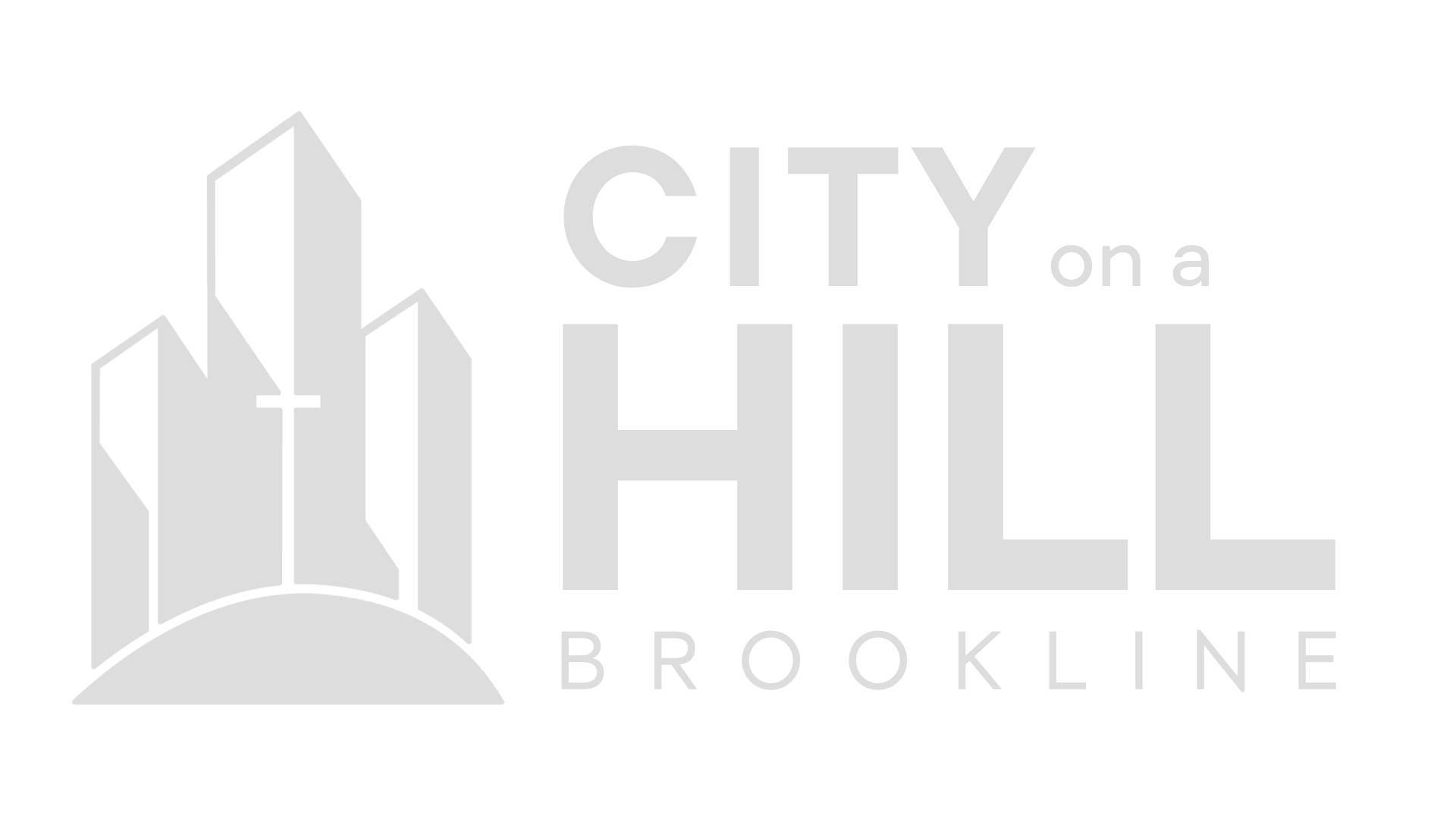Talking to Your Child about Racism
My husband and I recently sat down with our almost four-year-old to have a conversation about race and racism. Truthfully, I was dreading it. Our daughter is kind, silly, and most of all sensitive. She gets tearful at the most seemingly insignificant things. So to bring up the violence and evil of the prior week felt like a challenge I wasn’t quite up to. Not only that, but we live in a predominantly Black neighborhood. Many of the children she plays with are children of color. She will go to school next year in a Preschool where she will be the minority. We love this about our neighborhood! In fact, it is why we live here. Our daughter has never seemed to notice that those around her look different than her. I had a fear that having a candid conversation with her about race would peel back some sort of imaginary covering from her little eyes, leaving her aware that not everyone's the same color, a privilege that children of color do not have.
But let’s be real, I think we all know that our children are listening, even when we think they aren’t paying attention to us. They are watching how we react, or don’t react, to our surroundings. Their brains and hearts are internalizing more than we could ever imagine. We cannot naively think that avoiding a conversation about the evil and hate that people of color experience will shield them from it. Nor can we believe that our children aren’t noticing people’s differences. Studies have shown that kids as young as three start to use race to make decisions about who to play with. It is also important to note that this option to not talk to our kids about racism is something only those of us in places of privilege deal with. For people of color, simply deciding to forego this discussion with their children is not an option.
So as my fears and concerns around the impending conversation raced around inside me, I reminded myself that my husband and my greatest desire for our children is that they would come to truly know, love, and serve the living God with every fiber of their beings. I cannot cut and paste the parts of God that are easy to understand and reassuring, in an attempt to present my children with a neatly wrapped package. I cannot invite them to love and serve a god of my own creation, one that is glued together with the pieces that I think fit into conversation easily and comfortably.
Parents, conversations with our children about race and racism are, inherently, Gospel conversations!
Our children must study God’s design in creation: They need to know that God created each of us uniquely, in His own image, and with dignity (Gen. 1:27, 17:4). Our children need to see God’s beautiful design in creating people of all colors. God does not love my daughter’s white skin more than her neighbor’s brown skin.
Our children need to understand the Fall: Our children need to know that sin entered the world, invading all of our hearts, leaving each of us broken and capable of hurting those around us (Rom. 5:12). There is injustice and evil in our world and people often look down on, criminalize, and kill those that don’t look like them.
Our children need to comprehend God’s redemptive plan: But the story thankfully doesn’t end there! Christ came and died for our sins and rose again, leaving us with the gift of the Holy Spirit to help us know Him and give us the power to stand up for the marginalized. Our children must recognize that we serve a God of justice, who calls us to “remember those...who are mistreated (Hebrews 13:3).” He commands them to “hate evil, and love good, and establish justice (Amos 5:15).”
Our children need to catch a glimpse of what is to come: We, as believers, are longing for the day described in Revelation where there is “a great multitude that no one could number, from every nation, from all tribes and peoples and languages” praising God in one voice (7:9)!
I am painfully aware that I come from privilege and so will my children. I don’t pretend to be an expert on racial reconciliation. But, in the strength of the Lord, I am committed to listen to the voices of the marginalized, lament with them, stand up for them, and expose my children to injustices they face on a regular basis. Shielding children from this in a subtle attempt to maintain their privilege is an option that we, as the Church, do not have. May we not shy away from difficult conversations, and may the truth of the Gospel embolden our children to become redemptive agents of change in our culture.
- Janie Mein, director of CoaH Kids
